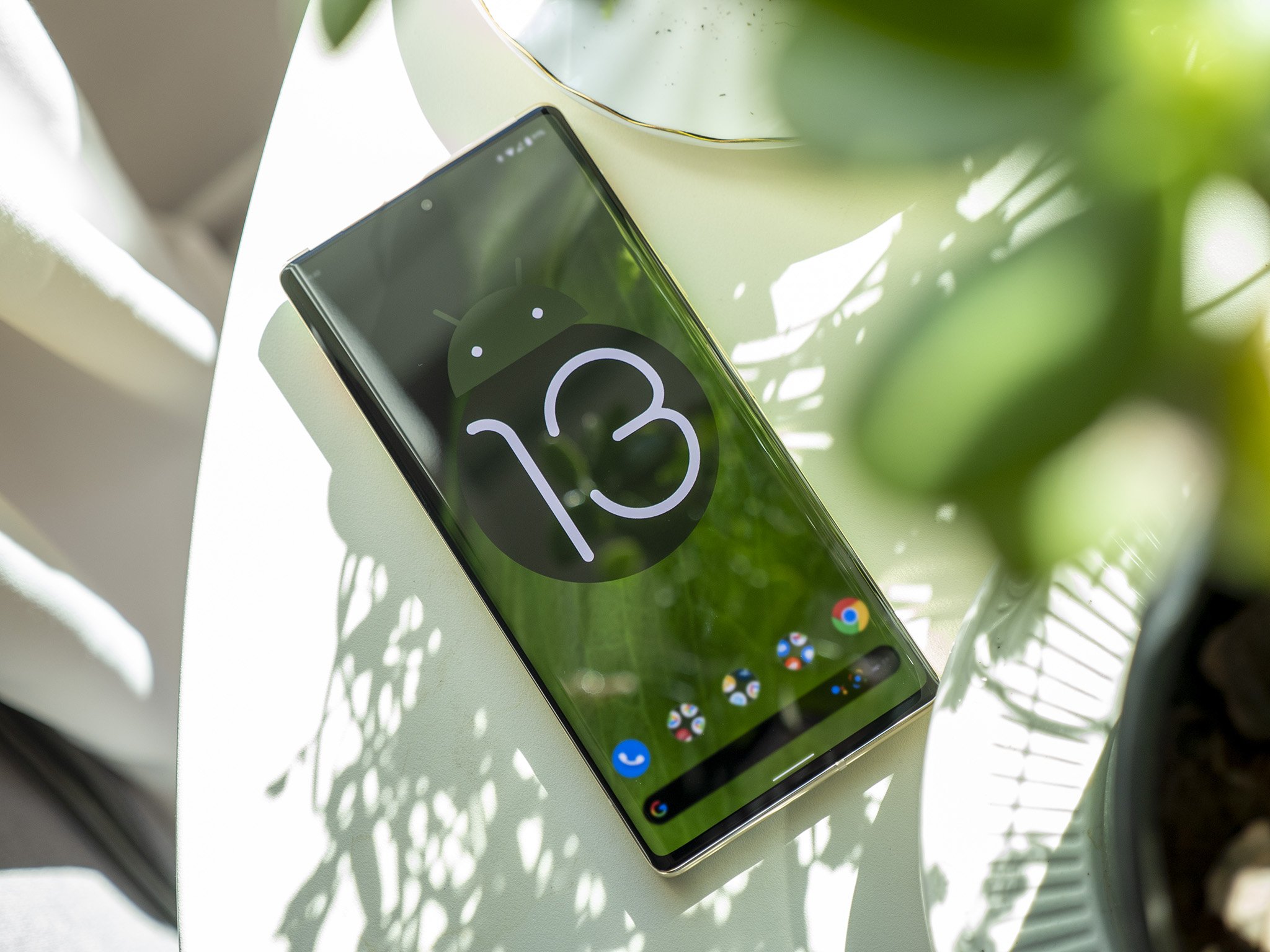
Although Google’s Material You system is beautiful, it’s not yet widely adopted by apps. This is probably because the company’s app-side libraries are still working on implementing it, and they impose an overly strict set of restrictions on certain manufacturers.
According to a report, Google is working on making it easier for manufacturers to implement Material You in Android 13. The company also reportedly dropped its requirement for device manufacturers to follow the system in Android 12.
Google’s Material You system is a beautiful way to add a customized dynamic theme to your apps by taking advantage of the company’s extensive collection of background colors. It allows users to pick and customize their unique accent colors and provide a look that’s both beautiful and functional.
Initially, the Material You system was only available for Pixels running Android 12. The feature was later added to the Android source code for other devices, such as those running Android 12L.1. To make it easier for device manufacturers, Google released a series of patches that let them bring the feature to other versions of Android if they wanted.
In February, a reliable source revealed that Google would require device manufacturers to support the Material You system to use in their products. This means that if you want to use the company’s services, such as the Play Store, you’ll need to implement the system.
The implementation of the GMS requirement and the new add-on seems to be incredibly restrictive, especially since Google only allowed certain companies to use the system. This is a frustrating situation since it requires developers to follow a set of restrictions to implement the feature.
Google’s explanation for the reason behind the “allowlist” is quite clear. The company built the Material You system to make it easier for people to customize their backgrounds, and it was also designed to ensure that it doesn’t interfere with accessibility. Unfortunately, despite the success of the system, there’s still nothing that prevents device manufacturers from making even worse changes to Android.
Despite the success of the system, there’s still nothing that prevents device manufacturers from making even worse changes to Android. One of these is implementing the Material You system in a way that breaks how it was designed to work. It’s almost certain that these would happen if given the freedom to implement it.








